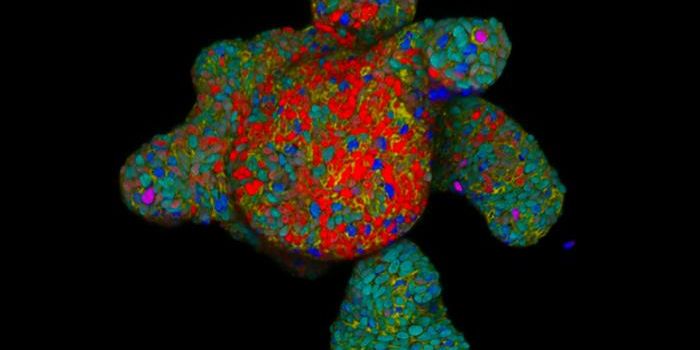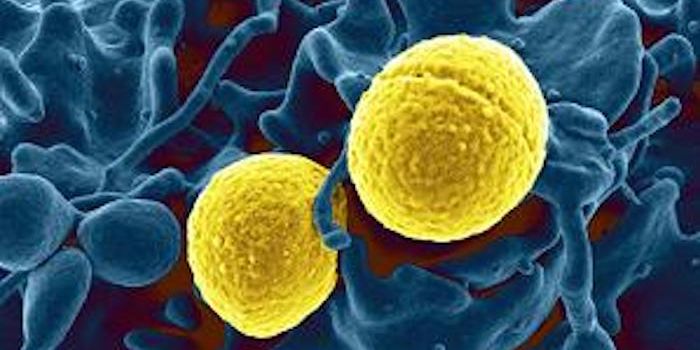Genetic Variants in a Person's Genome Influence Each Other
While it's difficult to study multiple genes at the same time, individual genes exist within a much larger framework that includes many other genes. Every person carries small variations in their genes that give rise to unique physiologies, and it seems that in an individual, those genetic variations can also affect one another.
New work has shown that genetic risk variants, which predict when people are more likely to have certain disorders, are affected by a person's genetic background. This research can help explain why not everyone develops a disorder even when they carry a genetic variation that's linked to a much higher risk of a disease.
The study, which was reported in Nature Communications, focused on the well-known breast-cancer linked mutations in BRCA1 and BRCA1; Lynch syndrome, in which mutations in DNA-repair genes can cause colorectal cancer; and familial hypercholesterolemia, caused by single-gene variants that disrupt the removal of cholesterol from the bloodstream, raising heart disease risk.
"Patients and clinicians often assume that having a high-risk variant makes eventually getting the disease all but inevitable, but an important subset actually go on to live their lives normally," said the study co-first author Akl Fahed, a cardiology fellow at MGH, and a postdoctoral fellow in Broad's Program in Medical and Population Genetics (MPG). "The traditional approach is to focus on a single base pair mutation linked to disease, but there are 3 billion base pairs in the genome. So we asked whether the rest of your genome can help explain the differing rates of disease we see in these patients, and the answer was a clear yes."
This work took advantage of the vast amounts of genetic and clinical data in the UK Biobank, which contains information from 80,298 individuals, including 19,264 women that were tested for breast cancer high-risk variants. The researchers calculated a polygenic score (a value that represents a person's likelihood of developing a certain disease that takes the whole genome into account) for each person that carried a high-risk variant. They found a subset of people that carried the high-risk gene and also had polygenic scores, which doubled their risk.
"In trying to do these kinds of studies in the past, there were two main barriers," said senior author Amit V. Khera, a physician-scientist leading a research group in the Center for Genomic Medicine at MGH and associate director of the Broad MPG. "You needed very large datasets of participants with and without high-risk variants, and you needed high-quality polygenic scores calculated in these people to quantify their genetic background. The genetics community is only now beginning to have access to these key tools."
"The changes in risk are striking," Khera noted. "For breast cancer, whether a woman's risk is 13 percent or 76 percent may be very important in terms of whether she chooses to get a mastectomy or undergo frequent screening via imaging. Also, for Lynch syndrome, a more precise risk estimate could similarly be a deciding factor for removing the colon entirely or frequent screening colonoscopies."
This work illustrates the importance of assessing genetic background when analyzing a person's risk of developing an illness.
Genes also don't tell the whole tale. The researchers hope to integrate non-genetic factors into disease risk models.
We studied the interplay of monogenic and polygenic disease risk," said Fahed. "But genetics is only part of the story. For heart disease, risk involves other factors like blood pressure and lifestyle risks such as smoking. It is important to account for these as well and develop more fully integrated risk models."
Sources: AAAS/Eurekalert! via Broad Institute of MIT and Harvard, Nature Communications









